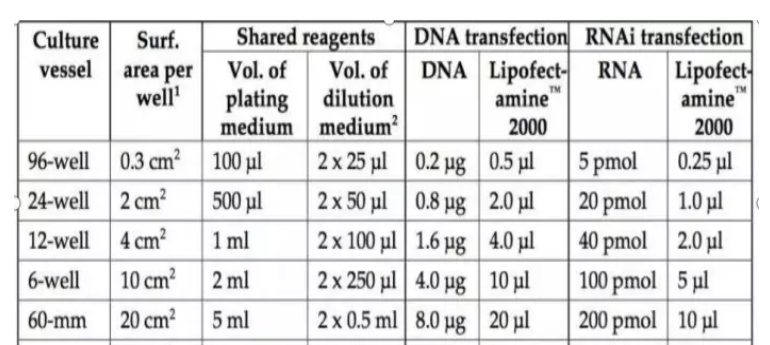When it comes to studying biology, one of the first things you'll encounter is a whole new set of vocabulary. From the names of different species to the complex processes that occur within living organisms, there are a lot of new words to learn. In this article, we'll discuss some tips for spelling biology words correctly and building your vocabulary in this fascinating field of science.
First and foremost, it's important to understand the root words and prefixes commonly used in biology. Many biological terms are derived from Latin or Greek, and understanding the meanings of these roots can help you decipher the meaning of unfamiliar words. For example, "bio" means life, "logos" means study, "cyto" means cell, and "phago" means to eat. By familiarizing yourself with these roots and their meanings, you can start to build a foundation for understanding and spelling biology words.
Another tip for spelling biology words correctly is to pay attention to the specific rules of scientific nomenclature. Organisms are often named using a binomial system, which includes a genus and species name. These names are italicized and the genus name is capitalized while the species name is lowercase. For example, Homo sapiens is the scientific name for humans. By understanding and following these naming conventions, you can ensure that you are spelling biological names correctly.
Additionally, it can be helpful to use mnemonic devices or memory tricks to remember the spelling of complex biology words. For example, you might create a mnemonic to remember the order of the taxonomic ranks (Domain, Kingdom, Phylum, Class, Order, Family, Genus, Species) by coming up with a sentence where the first letter of each word corresponds to the first letter of each rank. This can be a fun and effective way to improve your spelling and memorization of biology vocabulary.
牙齿蛀牙的原因有很多,但对于4岁的宝宝来说,最主要的原因是不良的口腔卫生习惯和不正确的饮食习惯。宝宝可能会吃太多含糖食物,如糖果、巧克力和甜点,这些食物会在口腔中产生酸性环境,破坏牙齿的保护层,从而导致蛀牙的发生。不正确的刷牙习惯和缺乏定期口腔检查也是牙齿蛀牙的原因之一。

过敏也是4岁宝宝鼻塞的常见原因之一。过敏原可以是室内的尘螨、花粉等,也可以是食物过敏。家长应注意室内环境的清洁,定期打扫卧室、更换被褥等。避免宝宝接触过敏原,如避免接触宠物、花粉等。如果宝宝确实有过敏反应,可以咨询医生,进行过敏原检测,并采取相应的治疗措施。
正畸治疗可以通过矫正器、牙套等方式来调整宝宝的牙齿位置和咬合关系。牙医会根据宝宝的年龄、牙齿情况和家庭经济状况等因素来确定最适合的治疗方案。
Furthermore, utilizing flashcards and other study aids can be an effective way to practice spelling biology words. By creating flashcards with the word on one side and the definition on the other, you can test yourself on the spelling of different terms and reinforce your understanding of their meanings. This active practice can help solidify your knowledge and improve your spelling skills in biology.
Another useful strategy for spelling biology words correctly is to break down complex words into their individual parts. Many biological terms are composed of multiple roots, prefixes, and suffixes, and by breaking these words down, you can better understand their meanings and spell them correctly. For example, the word "photosynthesis" can be broken down into "photo" (light) and "synthesis" (putting together), which helps to explain the process of converting light energy into chemical energy in plants.
In addition to these strategies, it's important to read and engage with biology texts regularly to expose yourself to a wide range of vocabulary. Whether it's scientific articles, textbooks, or popular science books, reading about biology can help you encounter new words in context and reinforce your understanding of their spelling and meaning. The more you immerse yourself in biology literature, the more familiar and comfortable you will become with the vocabulary of the field.
Finally, don't be afraid to ask for help when you encounter a word that you're unsure of. Whether it's a teacher, classmate, or online resource, there are plenty of resources available to help you improve your spelling and understanding of biology words. By seeking out help and clarification when needed, you can continue to expand your vocabulary and become more confident in your ability to spell biology words correctly.
In conclusion, mastering the spelling of biology words requires a combination of understanding root words, learning scientific naming conventions, using mnemonic devices, practicing with flashcards, breaking down complex words, reading widely, and seeking help when needed. By employing these strategies and staying curious and engaged with the subject, you can continue to build your biology vocabulary and become a more confident and proficient speller in this fascinating field of science.